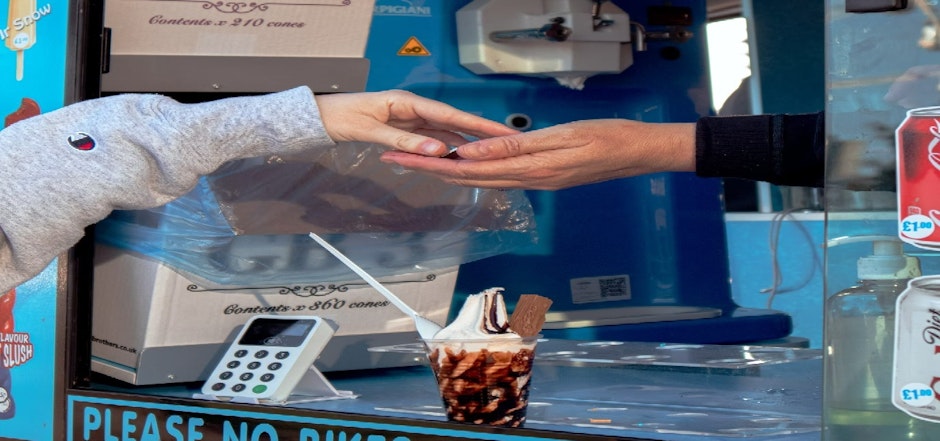Why brands must reconsider their value exchange with consumers
Tim Bond, Director of Insight at the DMA discusses why diversity and values-led marketing are now key drivers for customer acquisition and engagement

The pandemic has brought about the rapid rise of a new paradigm brands must be aware of, where value must also be aligned with the right values. There have been some interesting shifts in consumers’ behaviour and acceleration of some of the trends the DMA have been tracking since it first started conducting this research in 2016.
In the 2010s, following the aftershocks of the 2008 financial crisis, value-led shopping became the hallmark of consumer behaviour in the UK. At a time of renewed uncertainty in 2021, this intent to maximise commercial dealings remains engrained across the UK consumer landscape.
The majority of consumers surveyed (80%) in the DMA’s ‘Acquisition and the Consumer Mindset 2021’ report stated that they expect brands to offer good value for money as standard (rising to 92% for those aged 65 or over). But to be encouraged to try something new, consumers are looking for more than just good value.
Looking ahead to the coming decade, the data points to a second factor that will sit alongside value-led shopping in shaping expectations and behaviour towards brand choice: values.
This values-led shopping, where consumers can shop through the lens of the values that matter most to them personally, already holds strong appeal. Nearly half of consumers (45%) would like to be able to filter products by the values that matter to them when shopping online, such as sustainability or localism. Interest also rises to almost two-thirds (62%) for consumers aged 25-34.
There is also a revitalized interest in community values. As UK consumers have spent more time in their local communities, combined with a clear awareness of the support needed for local businesses during the pandemic, the data shows a renewed sense of local preference when it comes to brand choice. In fact, supporting the local economy (36% is by far the most common reason why people choose to shop locally, followed by the convenience of local shopping (21%) and the belief that it is more environmentally friendly (13%)).
These findings indicate that value plus values could be the core paradigm that shapes shopping and acquisition behaviour in the 2020s.
Diversity in advertising creates better engagement
Another route for brands to showcase their values is by ensuring their marketing represents the diversity of UK society. According to the figures, this is another clear route to successful customer acquisition in 2021, with 37% of consumers claiming that they find advertising that does a good job at representing diversity more engaging.
This figure rises among younger, more affluent and London-based consumers, highlighting the growing importance of diversity to customer engagement and acquisition in the future. For example, 55% of consumers aged 25-34, 51% of consumers in the highest income bracket, and 38% of consumers based in London agree that diversity in advertising drives better engagement.
Diversity in advertising is also a key driver of customer acquisition, with almost one in four claiming that they are more likely to buy from brands that do a good job representing diversity in their advertising.
Again, the agreement is higher among young and more affluent consumers. However, it is notable that agreement is highest among 25-34s (59%), rather than the youngest aged group of 16-24s (47%).
The value exchange with consumers is evolving
While functional reasons for choosing a brand – like discounts, a cheaper price and free trials – should naturally be highlighted, these should be treated as hygiene factors with more emotional and values-based considerations brought to the forefront. Brands should seek to implement options that allow consumers to shop by personal values. This could take the form of values filters for online shopping or dedicated in-store space for specific values for in-store shopping.
These values are clearly mirrored by many consumers. After all, their trust is typically earned through empathy, creativity, shared values and a great user experience – in essence by having a truly customer-focused approach.
The DMA champions putting customers at the heart of everything businesses do. For this to happen, it is fundamental that marketing campaigns and the industry we represent, are both representative of the diverse audiences that they communicate with. To create effective and meaningful campaigns that resonate with them, the value exchange must become much more than what we can deliver – brands must also encapsulate and share the values of their audience.
To receive additional in-depth insights into these findings and more, alongside case study analysis by leading brands, visit the DMA website to acquire our latest webinar recording.

